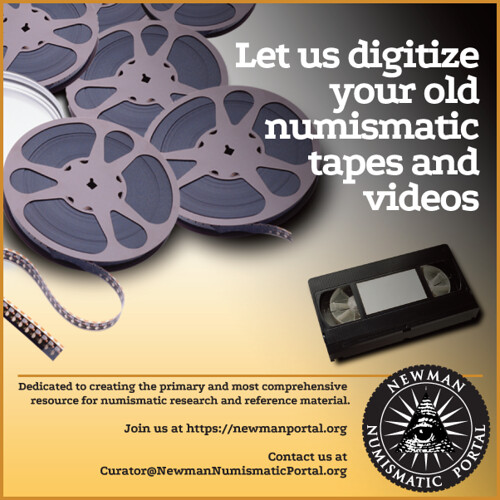
PREV ARTICLE
NEXT ARTICLE
FULL ISSUE
PREV FULL ISSUE
MORE ON 1794 DOLLARSBob Stark writes: I knew Jules Reiver quite well--we spoke or met at least weekly for decades. I can't recall any such mention of 1794 dollars. It is now well known that his 1794 dollar of many years standing was a counterfeit. He learned of it when our mutual friend Woody Blevins bought his 1794 dollar and Jules noted the similarity, The two specimens were sold in the Heritage Sale of his collection in 2006. Jules and I edited the Lettered Edge, a short live early dollar newsletter of the later 1970s. Jules would have written about his experience if it occurred in that period.
My visits with Jules took place in the mid-90s, so perhaps the briefcase incident happened in the 80s.
As for the counterfeit 1794 dollar, I vividly recall sitting at the counter in Jules' kitchen when he handed me two 1794 dollars and asked what I thought of them. When I got over the shock of personally handling TWO unslabbed rarities I quickly noticed that the two coins were the same - same wear spots, same adjustment marks, same rim dings, etc. EXACTLY the same. Now, I knew enough about early U.S. coins to know that no two are exactly alike. The manufacturing process was inexact, and of course, once in circulation the two would likely not recieve the same wear in the same places. And I knew that if two guys both claim to be Elvis, at least one of them is lying. So one or both were copies. Jules was patient while I re-examined each coin. Finally I had my Eureka moment - one of the coins had a flattened spot on the edge, where a sprue had likely been filed off. That was the copy, and the other was the original used to make the mold. Jules told me he first learned of a problem with his coin when he got a phone call from Jack Collins. Jack was compiling his book on the 1794 dollars. Jack read Jules the entry on his coin, and told Jules he'd gotten it from a particular auction sale. I'm paraphrasing here, but the conversation went something like this: "No, I didn't"; "Yes, you did"; "No, I didn't"; "Yes, you DID - it matches the plate exactly." "Well, that's not my coin - I didn't buy it there." At least, that's how I remember the story. Later Jules bought the Blevins coin and reunited the pair. Jules's coin was the fake. The genuine Blevins coin was offered as lot 23464 in the January 2006 Heritage sale of the Reiver collection. The lot description describes the exchange with Jack Collins taking place through letters. -Editor Bill Eckberg writes: Regarding 1794 dollars, I recently visited the Rijksmuseum in Amsterdam, The Netherlands. Along with the many masterpieces by Rembrandt, Vermeer and others, there was a small coin cabinet. In it there was a single US coin: a 1794 dollar. It looked to my eye to be XF or better and pretty nice for one of those. According to a couple of friends, this coin is not listed in the inventories of 1794 dollars. I suppose that since The Netherlands was the first country to recognize the US during the Revolutionary War, we shouldn’t be too surprised that the Dutch have some of our important early coins. It makes me wonder how many more early US coins reside in foreign collections and museums, unknown to American numismatists.
Who knows, maybe an 1822 Half Eagle will show up in Sweden or somewhere.... -Editor
Bill adds: Really rare coins rarely get rarer. To read the earlier E-Sylum article, see:

Wayne Homren, Editor The Numismatic Bibliomania Society is a non-profit organization promoting numismatic literature. See our web site at coinbooks.org. To submit items for publication in The E-Sylum, write to the Editor at this address: whomren@gmail.com To subscribe go to: https://my.binhost.com/lists/listinfo/esylum All Rights Reserved. NBS Home Page Contact the NBS webmaster 
|